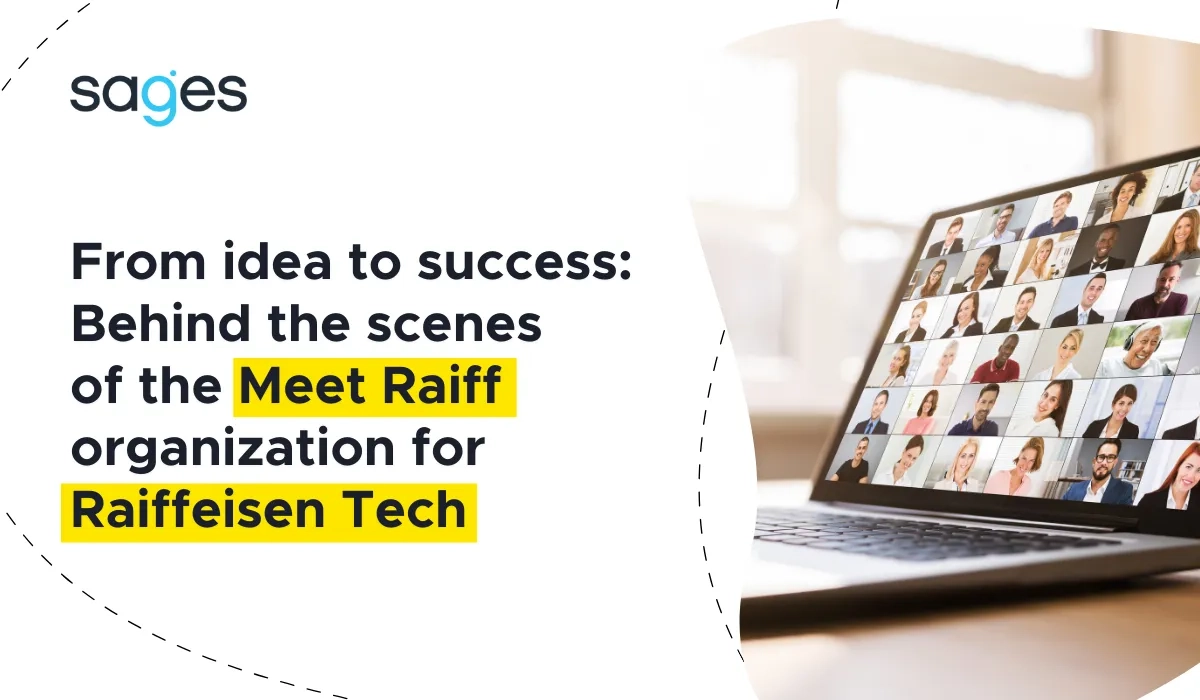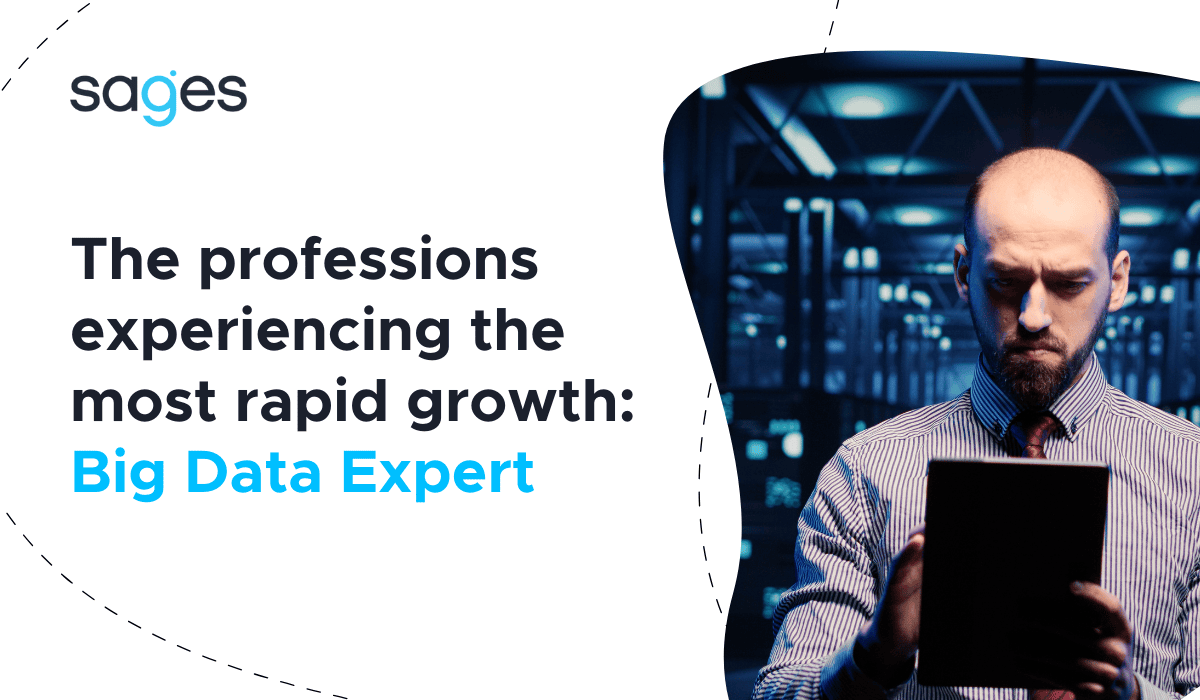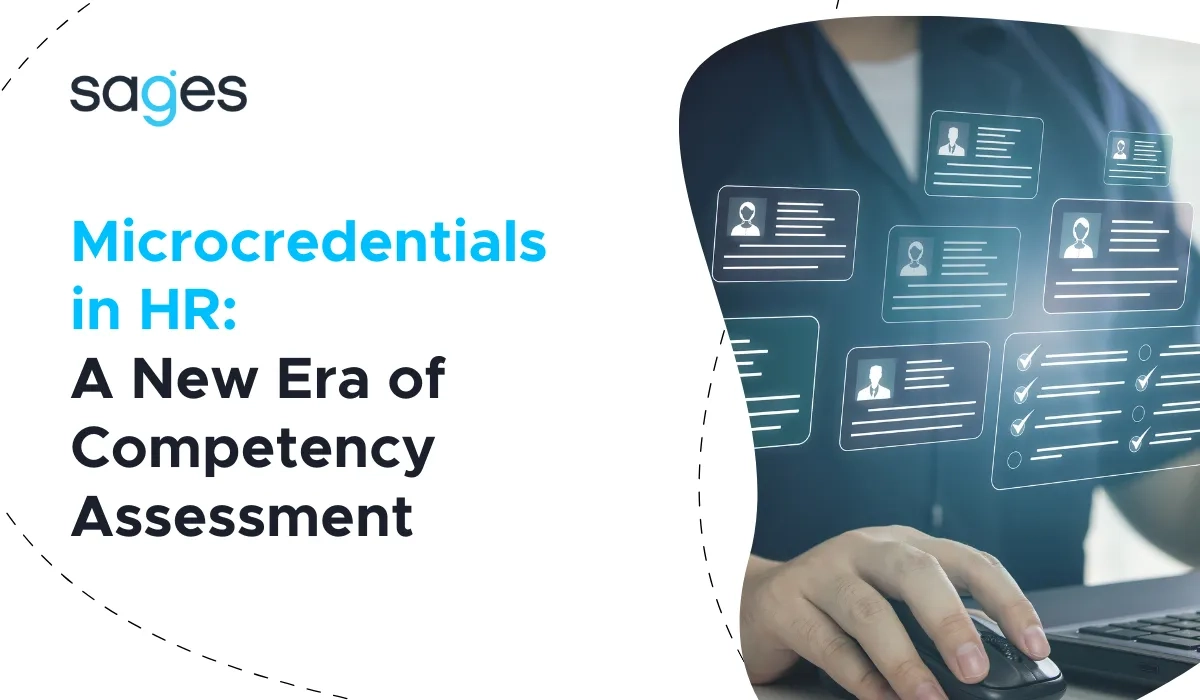Sages sp. z o.o. has received funding from NCRD for a project that could radically change the reality of people with disabilities. The amount of the grant is PLN 3.5 million, while the entire project is worth as much as PLN 4.5 million.
PLN 3.5 million - this is the amount of funding from the National Research and Development Center for Sages sp. z o.o. for the implementation of the project, which will create solutions based on artificial intelligence that will recognize the correct order of reading elements of documents, as well as generate descriptions of pictures, charts or tables in natural language. Such a solution aims to make it easier for many people with disabilities to use computers and the Internet on a daily basis. The idea to apply for the grant came about when the company was working on another project, which involved implementing a system for managing scientific information at universities. It was then that the need arose to create a system that, without human intervention, would adjust a given scientific publication in such a way that it could be read by anyone. This is a task that is independent of systems that convert text to speech, because such systems can only read continuous text, so they can't cope, for example, with complex documents containing tables, images, or charts. Until now, this kind of work had to be done manually, which was not only time-consuming, but also generated high costs. The solution to this problem is to enlist the help of artificial intelligence and produce specialized software thanks to NCRD funding.
The solutions presented in this project will successfully be able to be used on many levels, not only those related to the scientific world. It will help many people with different types of disabilities, including the blind, but also the visually impaired, e.g. by increasing the contrast of the illustration appearing in the document, so that the whole thing becomes much more legible. The whole project aims to make the Internet easier to use for all users. Thanks to the solutions being created, people with disabilities will be able to use social media, such as Twitter or Instagram, without hindrance. Currently, a lot of information is conveyed through images, so the technology developed by Sages will facilitate access to this data. The spectrum of applications is therefore very wide, from accessible scientific studies to popular infographics or even memes.
With this project, it will be possible to use text-reading systems to convey the full content of documents that were not originally aligned with accessibility standards. A method will also be developed to identify the meanings of difficult and rare words, abbreviations, as well as words in languages other than the language understood by the recipient. A reference point for the work to be carried out will be the internationally recognized and widely used WCAG (Web Content Accessibility Guidelines), which identify key problems in the reception of content by people with disabilities. Until now, the guidelines had to be implemented through time-consuming, manual work by people creating or editing content. Now, it will be possible to use fully automatic methods, which will dramatically reduce the cost and time of preparing documents according to accessibility standards.
In the words of Lukasz Kobylinski, vice president of Sages: "We are pleased that it is our company that has been chosen to implement this project. We have many years of experience and a team of specialized people who know the necessary tools and technologies. We won' t hide the fact that this is a big challenge for us, but we also know that its results will certainly change the reality of many people." The social context of this project is very important. Enabling people with disabilities to use functions and content previously inaccessible to them will have a positive impact on their professional and personal development.




